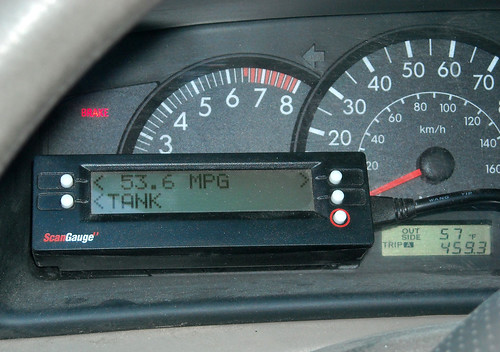(Source: Transportation for America)
Do you know how transportation policy affects housing? Oil? Climate? Economic opportunity?
 Here is your chance to find out.
Here is your chance to find out.
Transportation is the second biggest federal discretionary spending category — second only to defense spending. Where and how we choose to invest in transportation will have deep impacts on our housing and job markets, public health, energy needs, climate, economic competitiveness, and nearly every other pressing issue facing our country today.
To better understand and examine these connections Transportation for America will be holding a series of online discussions throughout March, April and May with several of our key partners. Hear from experts about how reforming federal transportation spending is connected to meeting our urgent national goals of reducing America’s oil dependency, helping the nation compete and thrive in the 21st century, and bringing opportunity to all Americans.
The first four sessions are open now, so visit the webinars page to see the list of sessions and sign up for one today. Open sessions include:
Transportation and Economic Opportunity
Speakers will explore how the transportation sector drives the economy and creates opportunities for American workers. Topics will include the transportation sector’s ability to create jobs and sustain global growth, and the use of transportation as a driver of neighborhood revitalization.
March 19th at 1 PM EST / REGISTER NOW
Transportation and Social Equity
Social equity activists, labor groups, and community development professionals will examine how transportation access and mobility affects basic needs such as healthcare, education, and economic opportunity for millions of Americans.
March 24th at 4 PM EST/ REGISTER NOW
Transportation, Climate Change, and Energy Security
Within the United States, transportation is one of the largest sources of greenhouse gas (GHG) emissions. Webinar attendees can learn how various modes of transportation impact the environment and energy security, and how our land-use patterns affect vehicle miles traveled (VMT) and air quality.
April 2 at 2 PM / REGISTER NOW
Transportation, Housing, and Development
Real estate development professionals and affordable housing advocates will explore the linkages between transportation and housing development, the shift in housing and real estate preferences and value, and the creation of affordable mixed-use development near jobs and transit.
April 16 at 4 PM EST / REGISTER NOW
Transportation and Public Health and Safety
Transportation influences the health and safety of communities by affecting physical activity levels, traffic speeds, and air pollution. This session will investigate the needs of paratransit and transit-dependent populations, the success of Complete Streets and non-motorized transportation programs, and the connections between transportation and active living.
Transportation in Rural Areas and Small Towns
Click here to read more



 (Source:
(Source: 









